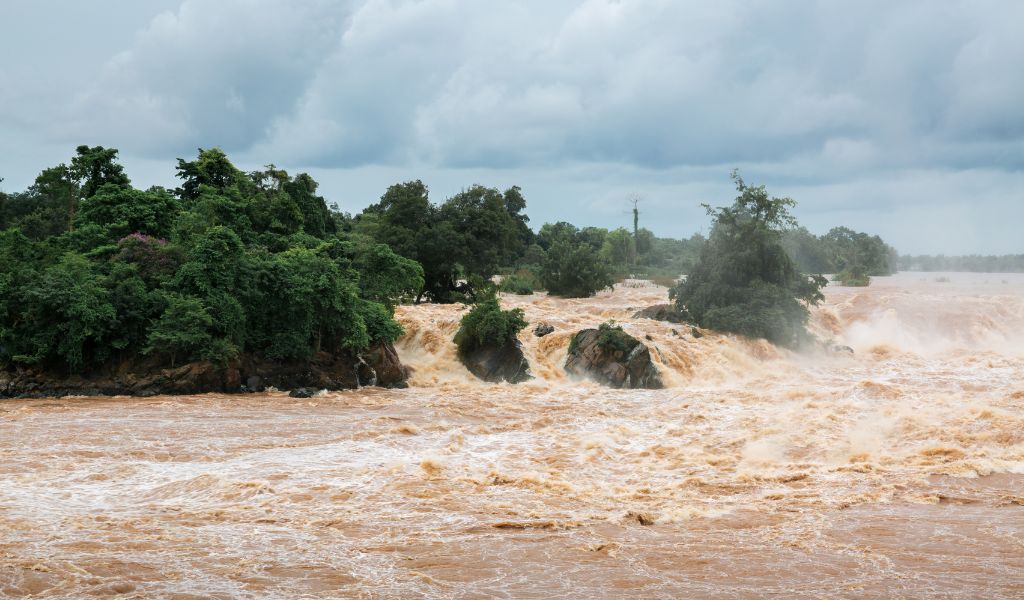The Independent Commission for Aid Impact (ICAI) has published a review of UK aid’s international climate finance commitments today. The aid watchdog warns that as resources are stretched, the UK’s £11.6 billion commitment is at risk of not being met.

The rapid review finds that the UK’s £11.6 billion target will be challenging to meet as 55 percent is now planned to be spent in the last two years of the commitment, with up to £3.8 billion due in the final year.
Transparency concerns
The watchdog raises concerns about transparency as the Government has changed how meeting targets is calculated. Trade-offs with non-climate programmes to meet these targets also means that countries most vulnerable to climate change are likely to be impacted. ICAI also warns that the UK Government has not championed women and girls through its international climate finance spending, despite commitments made in its International Women and Girls Strategy.
Commenting on ICAI’ findings, Shilpi Srivastava, Research Fellow, Institute of Development Studies, said:
“The UK needs to strike a good balance in funding for international climate finance across mitigation, adaptation, and loss and damage because the last two remain historically and politically neglected.
“The review’s emphasis on gender and climate change is critically urgent and important. There is clear evidence to show that women bear disproportionate impacts of climate change and that their labour remains invisible in much of adaptation and disaster response work.
“Deploying an intersectional and gender-sensitive lens to climate programming and implementation is crucial to realise climate-just outcomes as well as in co-creating solutions that do not reproduce or exacerbate structural injustices or vulnerabilities.”
Countries vulnerable to climate change
Research by IDS and partners found that although climate change affects everyone, it is not equal. When faced with devastating climate catastrophes, it is women who have had to take on various additional responsibilities. These include taking care of the agriculture and farming activities to earn money, besides their traditional roles. The extent of women’s full burden in preparedness and response in the face of such changing weather patterns is a key question that the ANTICIPATE project research explores.
Additionally, as the effects of climate change become more severe in regions such as South Asia, research suggests climate preparedness needs to be reconfigured, accounting for the impact of multiple concurrent extreme weather events, and how these are experienced by local communities.